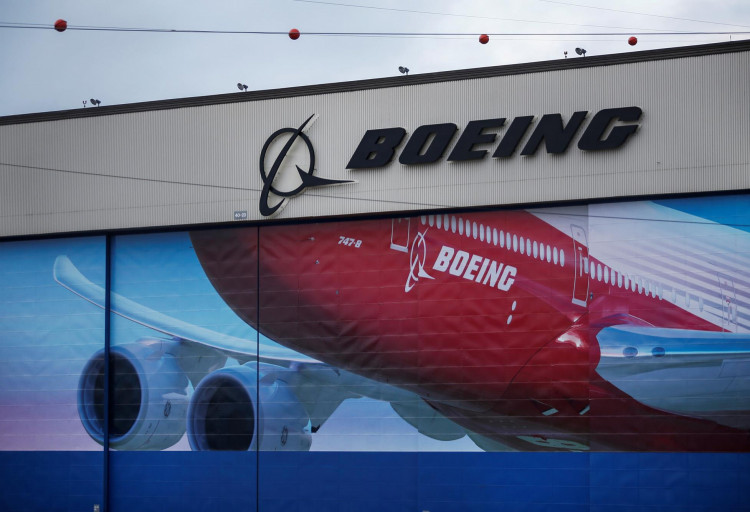A federal judge on Thursday rejected a plea agreement between Boeing and the U.S. Department of Justice (DOJ) concerning charges tied to two fatal crashes of the company's 737 Max aircraft. The crashes, which occurred in October 2018 and March 2019, claimed 346 lives and have left Boeing grappling with fallout over its safety practices and corporate accountability.
U.S. District Judge Reed O'Connor of the Northern District of Texas dismissed the plea agreement, citing issues with the proposed terms, particularly the selection process for an independent monitor to oversee Boeing's safety reforms. The judge expressed concern that the DOJ's diversity and inclusion considerations in selecting the monitor could compromise public confidence in the process.
"It is in the utmost interest of justice that the public is confident this monitor selection is done based solely on competency," O'Connor wrote in his opinion. The judge also criticized the DOJ for granting itself, rather than the court, the authority to approve the monitor.
Under the proposed deal, Boeing agreed to plead guilty to conspiracy to defraud the United States by misleading the Federal Aviation Administration (FAA) during the 737 Max certification process. The agreement included a $487 million fine, a significant reduction from the $24.8 billion families of crash victims had sought.
Paul Cassell, an attorney representing the families of crash victims, hailed the decision as a victory for accountability. "Rejection of the plea deal is an important victory for the families in this case and, more broadly, for crime victims' interests in the criminal justice process," he said.
The DOJ and Boeing now have 30 days to determine how to proceed. Boeing has not commented on the ruling, and the DOJ has yet to issue a statement.
The rejected deal would have allowed Boeing to avoid a trial while operating under a court-appointed monitor for three years. Boeing had also committed to spending $455 million over three years to enhance its safety and compliance programs. However, Judge O'Connor noted that the government's previous efforts to enforce compliance had been insufficient, citing a recent incident where a door plug blew off a 737 Max during a flight.
"This order should lead to a significant renegotiation of the plea deal to reflect the 346 deaths Boeing criminally caused and put in place proper monitoring to ensure it never happens again," Cassell added.
The crashes-one involving a Lion Air flight in October 2018 and the other an Ethiopian Airlines flight in March 2019-were caused by a design flaw in the 737 Max's autopilot system, later revealed to be tied to Boeing's failure to disclose critical information to regulators. The tragedies prompted a 20-month grounding of the aircraft and a wave of lawsuits and investigations.
Boeing admitted in August court filings that its actions contributed to the crashes. "Boeing profoundly regrets the accidents and the unspeakable losses that the crash victim representatives have suffered," the company's attorneys stated. However, both Boeing and the DOJ argued that the misleading information provided to the FAA did not directly cause the crashes.
Victims' families have long criticized the DOJ's handling of the case, calling the initial deferred prosecution agreement in January 2021 a "sweetheart deal" that shielded Boeing from harsher penalties. Erin Applebaum, another attorney for the families, said the rejection "represents an opportunity to demand real accountability."






